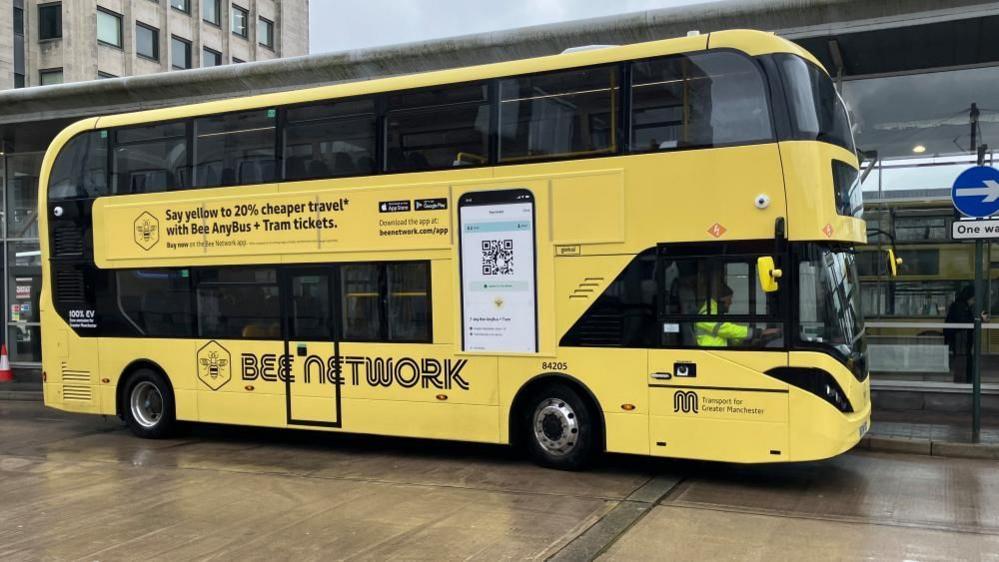The Ongoing Bus Strike in Manchester: Implications for Commuters

Introduction
The bus strike in Manchester has become a significant issue for the local community, affecting day-to-day commutes and the overall transport network. With increasing disruptions, the strike has forced many to seek alternative travel methods and underscored the importance of public transport in urban settings.
Details of the Strike
The strike, initiated on 1st October 2023, has been driven by disputes over pay and working conditions between the transport union and bus operators. Following failed negotiations, members of the union voted overwhelmingly in favour of industrial action. The transport union has highlighted that bus drivers have not seen a proper pay increase for several years, despite rising living costs and inflation.
Impact on Commuters
Commuters have faced significant challenges as a result of the strike. With fewer buses operating, many residents have found themselves unable to travel to work or school. Reports indicate that local business has also been impacted, with foot traffic decreasing due to accessibility issues. Public transport accounts for a significant percentage of travel in Manchester, making the consequences of the strike felt across the city.
City’s Response
In response to the bus strike, Manchester city officials have urged both parties to return to the negotiation table. The Mayor of Greater Manchester, Andy Burnham, expressed concern over the disruption, emphasising the importance of a united and comprehensive public transport system. The city has begun implementing contingency plans, including increased cycling initiatives and car pool arrangements, to assist those affected.
Looking Ahead
As the strike continues, its duration remains uncertain. The transport union has stated that the strike will remain in effect until a satisfactory agreement is reached. If the impasse persists, the ongoing strike could lead to further complications, including long-term shifts in public transport usage and commuting habits in Manchester.
Conclusion
The bus strike in Manchester raises crucial questions about worker rights, pay equity, and the sustainability of public transport. As the situation unfolds, it offers an insight into the balance of power in urban transport management and serves as a reminder of the essential role public services play in the lives of residents. Observers will be keenly watching how negotiations progress and whether an agreement can be reached to restore the much-needed bus service to Manchester’s streets.
